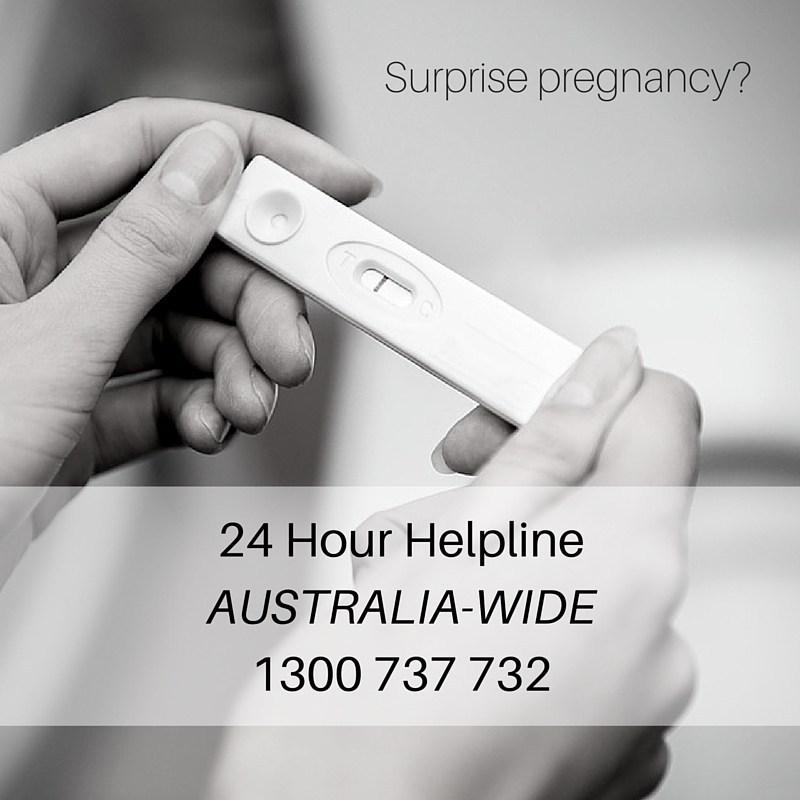5 Ways 2 Live Ephesians 5
My post today is looking specifically at Ephesians 5:11, which says: “Take no part in the unfruitful works of darkness, but instead expose them.”
1. Politics
Not everyone feels called to be involved in politics, but every Catholic has an obligation to vote (CCC 2240) and to be aware of the Church’s opinion on important moral legislation (CCC 2246). Politicians may let us down once they are elected, but it is our duty to show them how important the life issues are to their constituents, and to educate others about some of the lesser-known agendas, such as those of the Emily’s List candidates.
2. Family
This can be very, very difficult. Some of us are the only practising Catholics in our wider family unit, which makes it very hard to have meaningful conversations about the moral issues on our hearts.
Some family members have had IVF babies, most are using artificial contraception, and many feel uncomfortable when the topic of abortion comes up. I’d suggest that if you’re in this situation, you should be silent, more often than speak: be ready with some salient remarks, but don’t turn family occasions into a moral theology lecture.
By keeping silent, you may find you have the opportunity to make a comment quoting late-term abortion statistics, tax-payer funding of sex-selection abortions, discarded embryos in the IVF process, or examples of persecution of businesses who don’t support same-sex marriage.
Sometimes, less is more.
3. In your parish
Not every priest is open to discussion about life issues, or even about orthodox Catholic teaching! But that doesn’t have to deter you from acting in accordance with your conscience to expose the evils of our day. If your priest won’t organise or promote any pro-life endeavours, then do it yourself. As St. Teresa of Calcutta said, “Do not wait for leaders; do it alone, person to person.”
4. Social Media
Remember the words of Pope Emeritus Benedict 16? He said that each of us must ‘take on the responsibility for the evangelization of this “digital continent” ‘.
Does that sound like a Church stuck in the 1950’s? Not to me.
Being active on social media has a two-fold effect, when it comes to ‘exposing the unfruitful works of darkness”: firstly, it is easy to share something topical quickly, but also by interacting with others, you find that you’re not alone in your beliefs. This is SO important when you are the only practising Catholic in your family, or have a dissenting parish priest, or both. Social media doesn’t have to take over your life, but can be very important tool for evangelising and educating.
5. Personal Sanctity.
Here it is - you knew it was coming - and it is the most difficult of the five: personal sanctity. It is often easier to expose the evils around us than acknowledge the sinfulness within.
For what does it profit a man if he gains the whole world and loses or forfeits himself?(Luke 9:25)
Like all Catholics, pro-lifers are called to live lives of exemplary holiness: we will never be taken seriously by anyone if we fail in our fundamental role to live as redeemed Christians. Yes, we will fall - that’s what the Sacrament of Penance is for - but we must always strive to attain a very high level of perfection in every single facet of our lives.
The virtue of purity especially, is so important in pro-life work - purity in our bodies, our minds, our speech, and purity of intention in all our actions.
There is little point in exposing the works of darkness, if our own souls are harbouring sin. We are then more likely to become a stumbling-block than a beacon of light.

